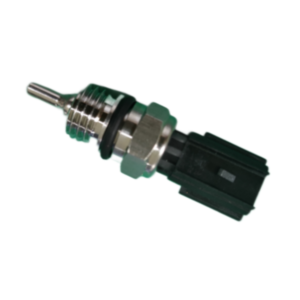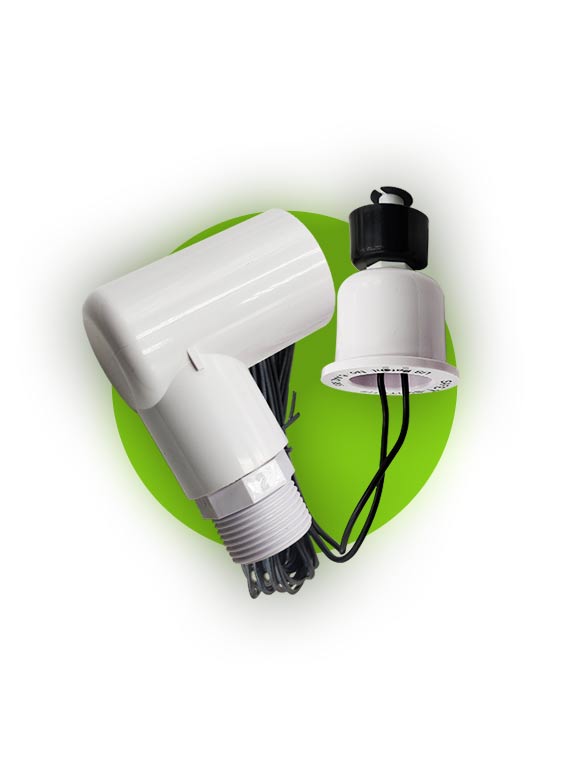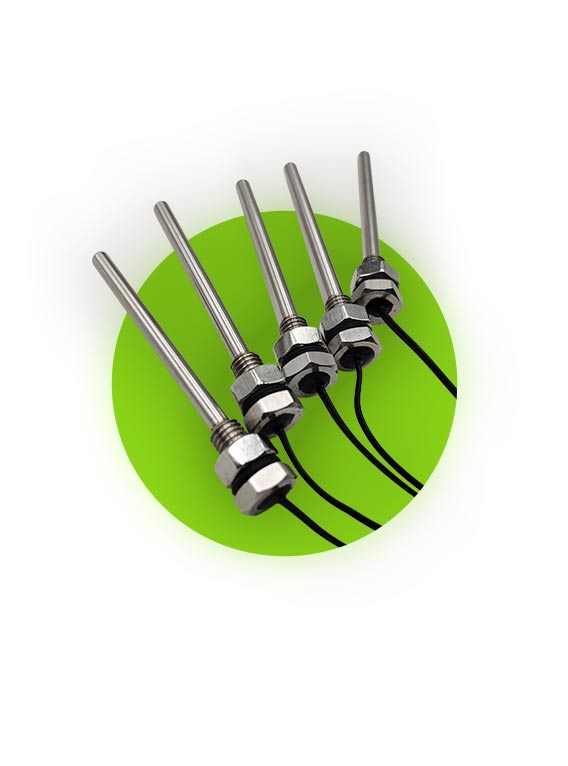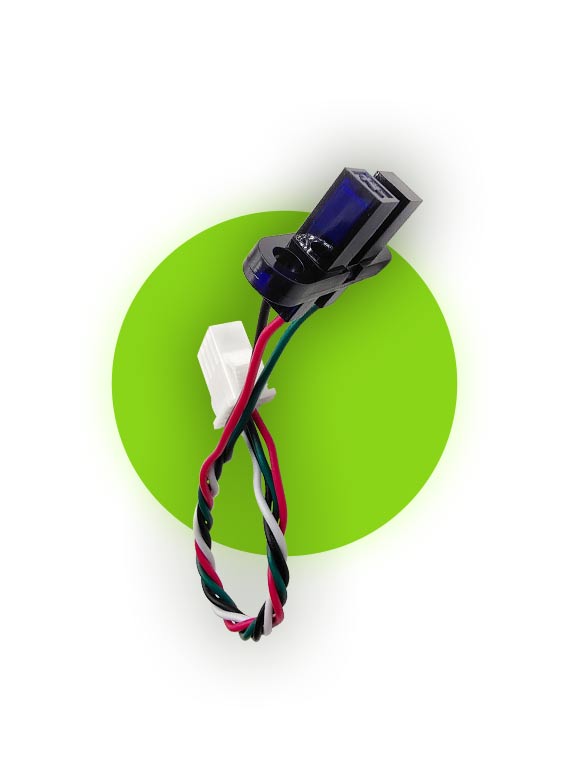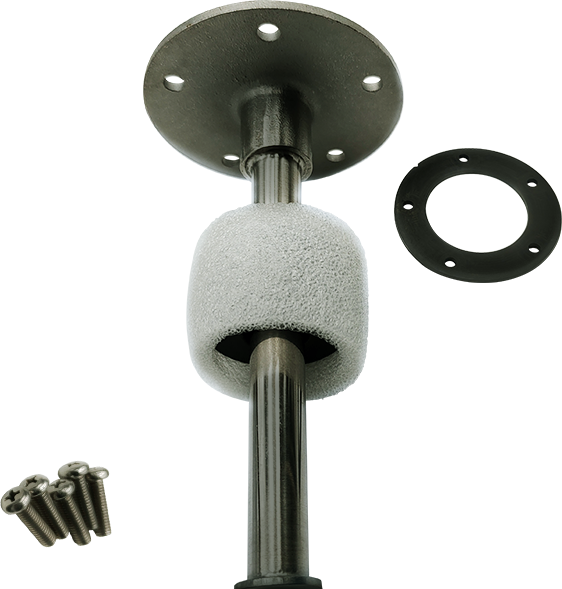Temperature sensors are essential devices that play a crucial role in various industries and applications, enabling the precise measurement and monitoring of temperature. Here are some key characteristics and application areas of temperature sensors:
Characteristics of Temperature Sensors:
- Accuracy and Precision: High-quality temperature sensors are designed to provide accurate and precise readings within a specific temperature range. This accuracy is essential for ensuring that systems and processes operate as intended.
- Durability: Temperature sensors must be able to withstand various environmental conditions, including extreme temperatures, moisture, and vibrations. Durable construction ensures long-term reliability and reduced maintenance costs.
- Fast Response Time: In many applications, it’s crucial to detect temperature changes quickly. Temperature sensors with fast response times can provide real-time feedback, enabling prompt adjustments or alerts.
- Wide Temperature Range: Different applications require temperature sensors capable of measuring varying temperature ranges. From cryogenic temperatures to high-temperature environments, temperature sensors are available to suit various needs.
- Compatibility and Interoperability: Modern temperature sensors often offer compatibility with various systems and protocols, allowing for seamless integration into existing infrastructure or new installations.
Application Areas of Temperature Sensors:
- Industrial Automation: In manufacturing processes, temperature sensors monitor and control temperature levels to ensure product quality and process efficiency. They’re used in furnaces, ovens, cooling systems, and other industrial equipment.
- Automotive Industry: Temperature sensors play a vital role in modern vehicles, monitoring engine temperature, transmission fluid, and coolant levels. They help prevent overheating and maintain optimal operating conditions.
- Consumer Electronics: From smartphones to laptops and smart home devices, temperature sensors monitor internal temperatures to protect components from overheating and ensure safe operation.
- Healthcare: In medical devices and equipment, temperature sensors are used to monitor patient temperature, maintain equipment temperatures, and ensure the safety of medical samples and reagents.
- Agriculture: Temperature sensors help farmers monitor soil and crop temperatures, enabling precision agriculture practices. They can also be used in cold storage facilities to maintain optimal temperatures for perishable goods.
- Environmental Monitoring: In meteorological stations and other environmental monitoring applications, temperature sensors provide crucial data for studying climate change, weather patterns, and other environmental phenomena.

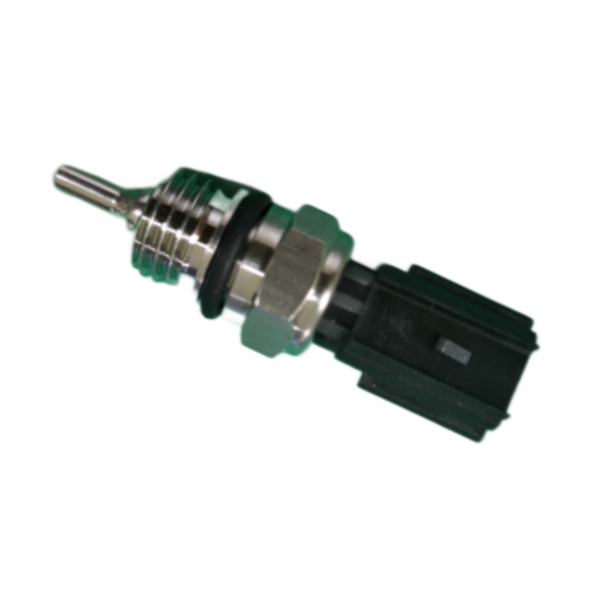
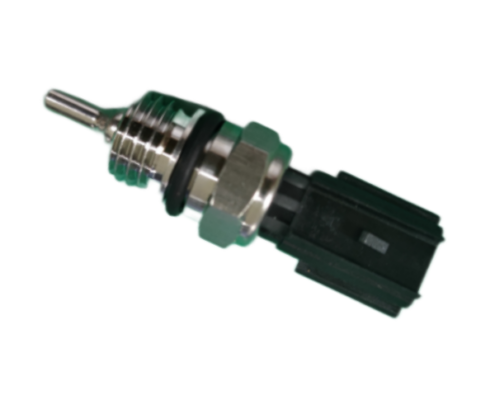
 Download PDF
Download PDF
